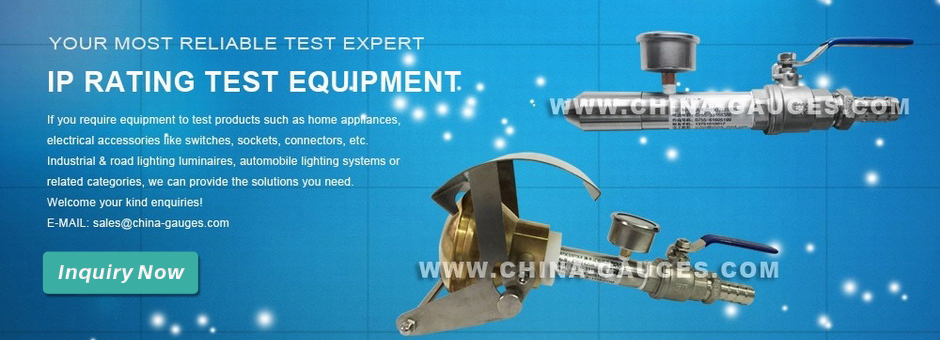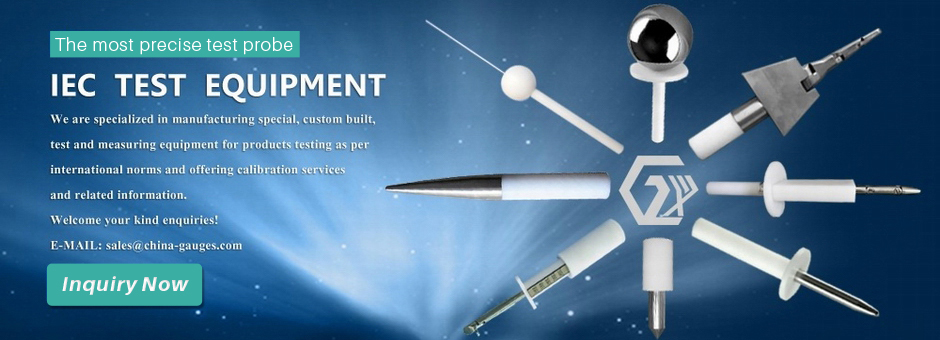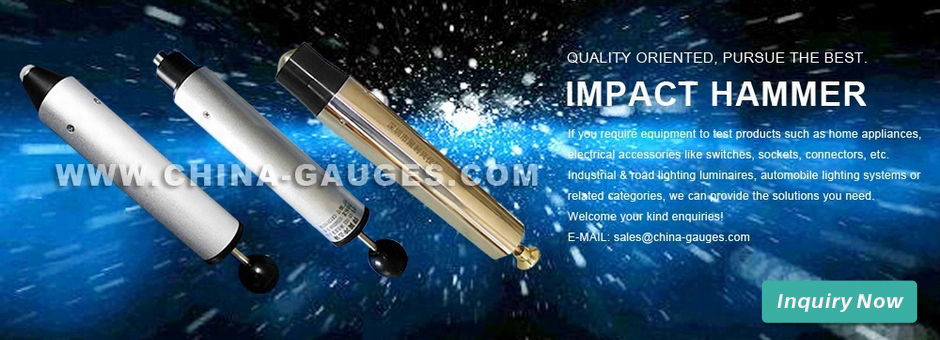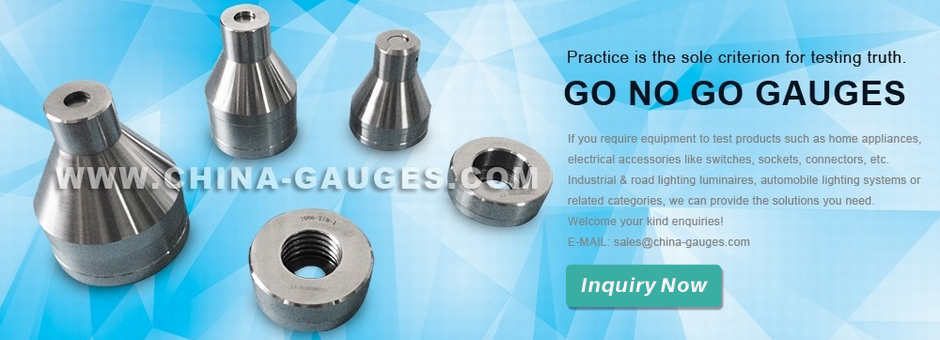contact us
products
- Main Products
technical articles
Company News
Water resistant vs. Waterproof
Whether it’s your new Ironman watch, Nike golf shoes, Timberland boots or GORE-TEX winter gloves, you‘ve heard the expressions ‘water resistant’ and ‘waterproof’ tossed around regularly. Although when it comes to H20 and its affect on these items, the question remains, “Do you know the difference?”
Well, you may have inadvertently found out the distinction the hard way after doing that animated cannonball which splashed half the party at your brother’s cookout last Fourth of July. The problem here: The new $100 watched strapped tightly around your wrist when you dove off the diving board and wore in the pool for the next 5 hours was water resistant. Not waterproof So to your surprise, when you woke up on the couch after your 8-hour nap, the water resistant watch you just purchased was stopped at the exact time of that memorable cannonball. Not good times. Now let’s make certain time won’t stop for you for a second time by breaking down the differences between “water resistant” and “waterproof.”
When a product is referred to as water resistant, it means it can withstand the effects of rain, snow and other wet weather, but here’s the most important point -- it should NOT be submerged in water.
In contrast, when a product is referred to as waterproof it means the component is designed to withstand total submersion in water. The IP Rating Scale of IPX0 – IPX8 determines the degree of protection a product has against the ingress of water with “0” being don’t even let the item near a rain drop to “8,” the highest rating which basically means Aquaman could use it. Many JENSEN stereos, speakers and remote controls are water resistant as well as waterproof rated IPX5 to IPX7, meaning they’ll be safe even in the wettest of marine environments.
There are different levels of water protection based on the IP rating system (see breakout box). The IP rating rates the ingress protection, in this case water, of the equipment inside the enclosure. The digit after ‘IP-X” indicates the degree of protection. The higher the number, the better the electronics will be protected from adverse affects of water such as shortages, moisture leakage, condensation or corroding.
•IPX-0 – No protection.
•IPX-1 – Protected against condensation or dripping water falling vertically.
•IPX-2 – Protected against spraying water when tilted up to 15 degrees vertically.
•IPX-3 – Protected against spraying water when tilted up to 60 degrees vertically.
•IPX-4 – Protected against splashing water from any angle.
•IPX-5 – Protected against low pressure water stream from any angle.
•IPX-6 – Protected against high pressure water stream from any angle.
•IPX-7 – Protected against water immersion. Immersion for 30 minutes at a depth of up to 1 meter.
•IPX-8 – Protected against continual water submersion in under water conditions.













